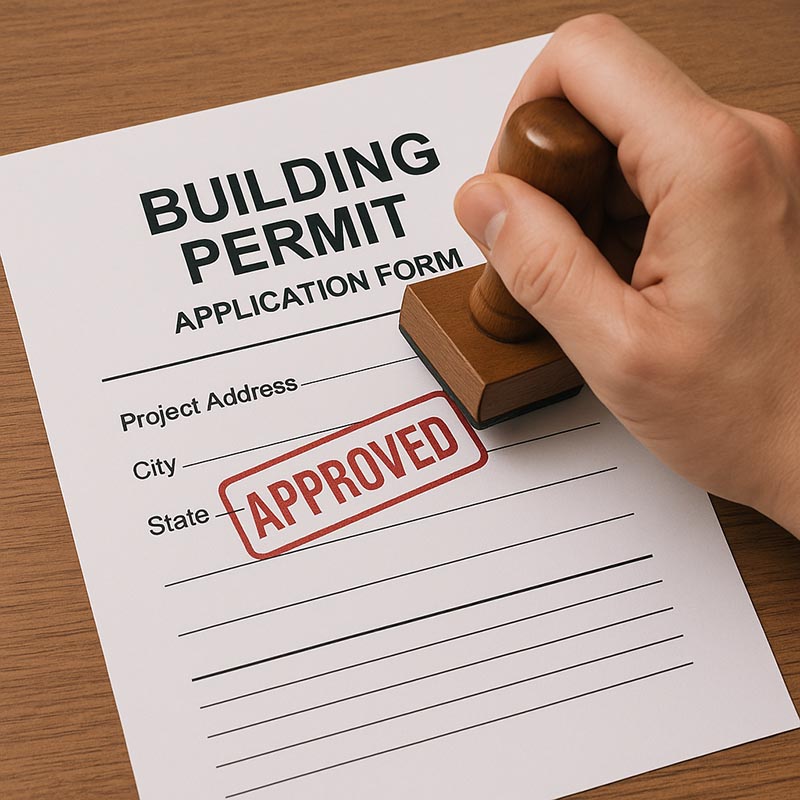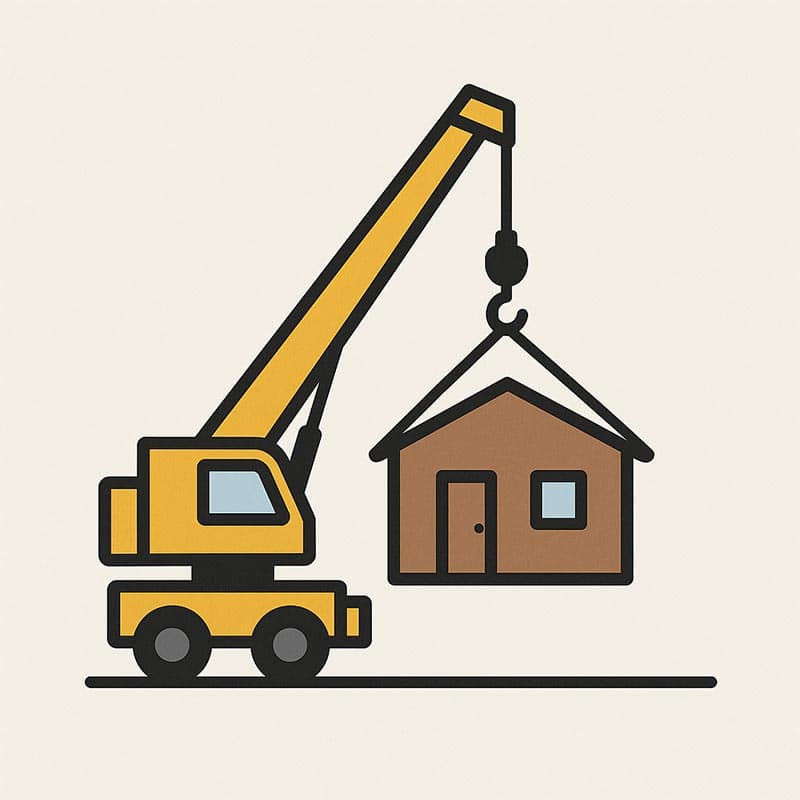EcoLiving Cyprus - Approval Duration for the Tiny House Project
Approval duration through simplified procedures
- Classic Modular Construction
2 - 4 months approval time for regular building permit (zones Ka9, Ka6)
- Special Use Areas
Possible special inspection, but higher flexibility for temporary use (e.g. tourism)
Often simplified procedure - registration as 'temporary residential unit'


Efficient Approval Processes
Building permit easier and faster to process due to standardized construction


Innovative Modular Construction
Approval possible independent of complex foundation
Tiny House vs. Conventional Construction - A Comparison
In recent years, the tiny house concept has gained increasing popularity. Especially for people who want to live more minimally or remain flexible, tiny houses offer an exciting alternative to traditional homebuilding. But how exactly do tiny houses differ from conventional construction methods - particularly in terms of cost, construction time, and approval procedures?
1. Cost - More Affordable and Predictable
A traditional single-family home often comes with high costs: land, building materials, labor, and additional expenses for site development or customizations quickly add up to a high five- or even six-figure amount.
Tiny houses are significantly more affordable here. Their compact design and the use of modular, often prefabricated elements substantially reduce material and labor costs. Smaller land requirements also lead to lower land costs. Overall, builders can often save 40-60% of costs compared to conventional construction.
2. Construction Time - Fast and Efficient
Building a conventional house often takes several months to a year or longer, depending on size and complexity.
Tiny houses score with significantly shorter construction times. Many models are modular and prefabricated and can be set up in a few weeks or even days. This not only reduces the waiting time until move-in but also minimizes risks due to weather or construction delays.
3. Approvals - More Flexible and Uncomplicated
Approval procedures for conventional house building can be lengthy and complicated. The building permit requires detailed plans, structural proofs, and extensive inspections that can take months.
Tiny houses, especially mobile or modular variants, often benefit from simplified procedures. They are treated, for example, as 'temporary residential units' or fall under special use areas. As a result, approvals are granted faster or sometimes not needed at all, increasing planning security.
Additional Advantages of Tiny Houses
- Sustainability: Less material consumption, lower energy demand, and environmentally friendly construction methods.
- Flexibility: Easily relocatable, ideal for changing life situations or temporary use.
- Minimalism: Focus on essentials and less effort for maintenance.
Conclusion
Tiny houses offer an attractive alternative to conventional construction - especially when it comes to costs, construction time, and approvals. Anyone looking to live flexibly, sustainably, and cost-effectively should definitely consider this modern building method.
Would you like to live sustainably and flexibly?
Secure your spot now in our community info section!